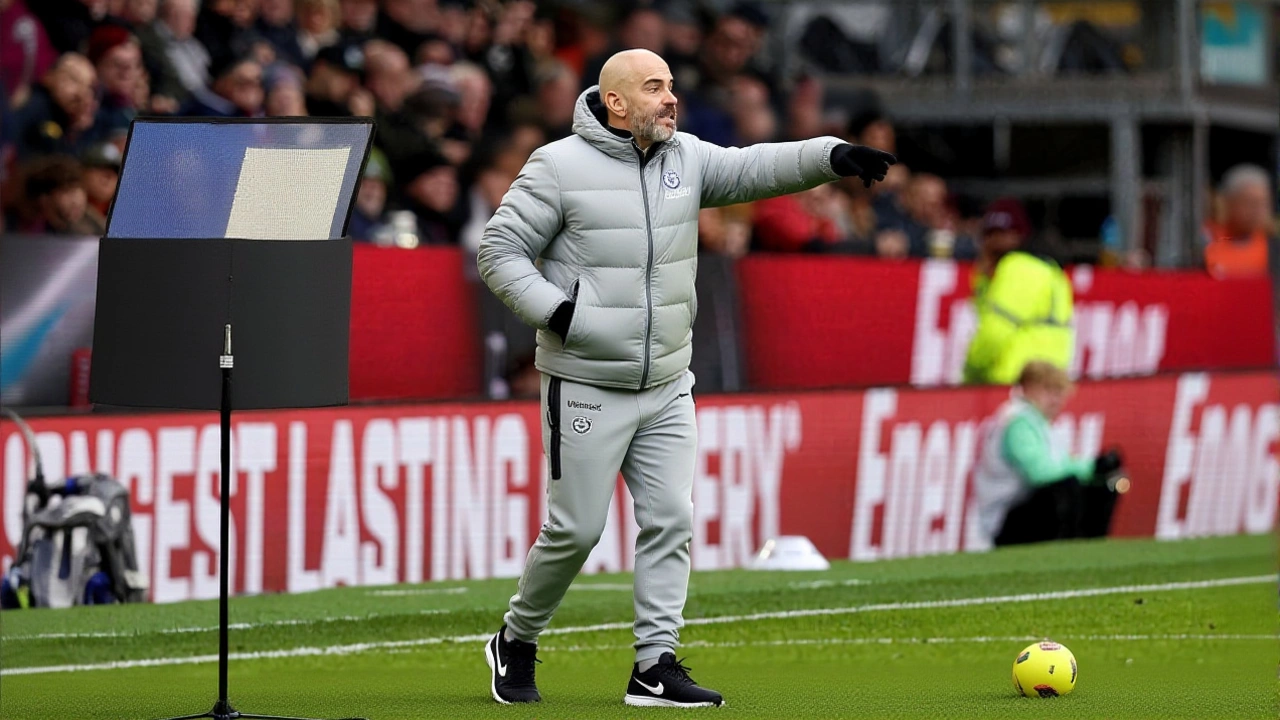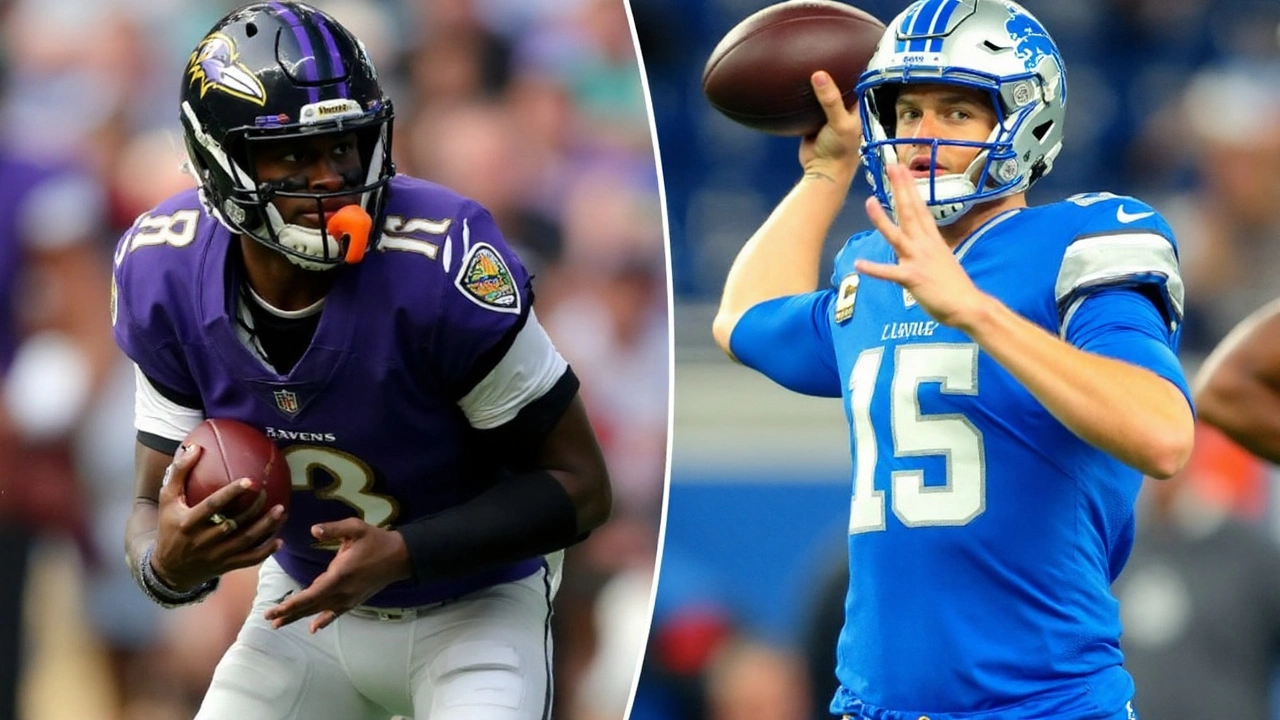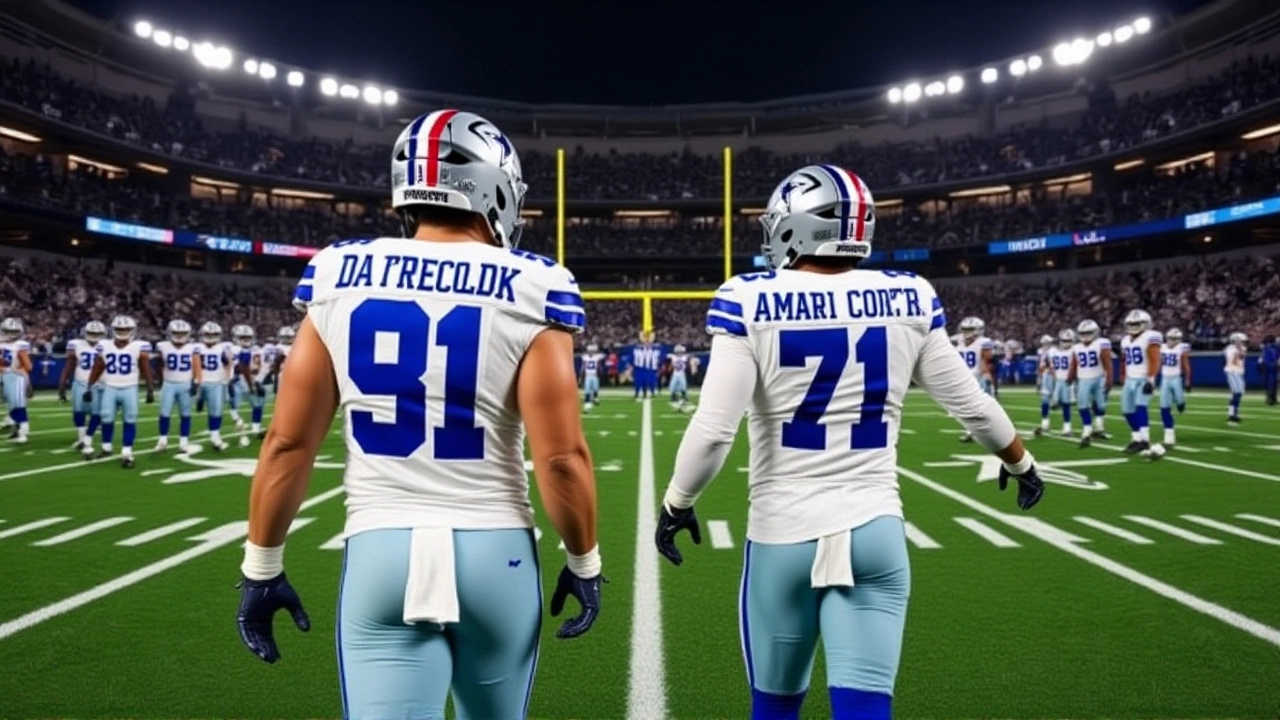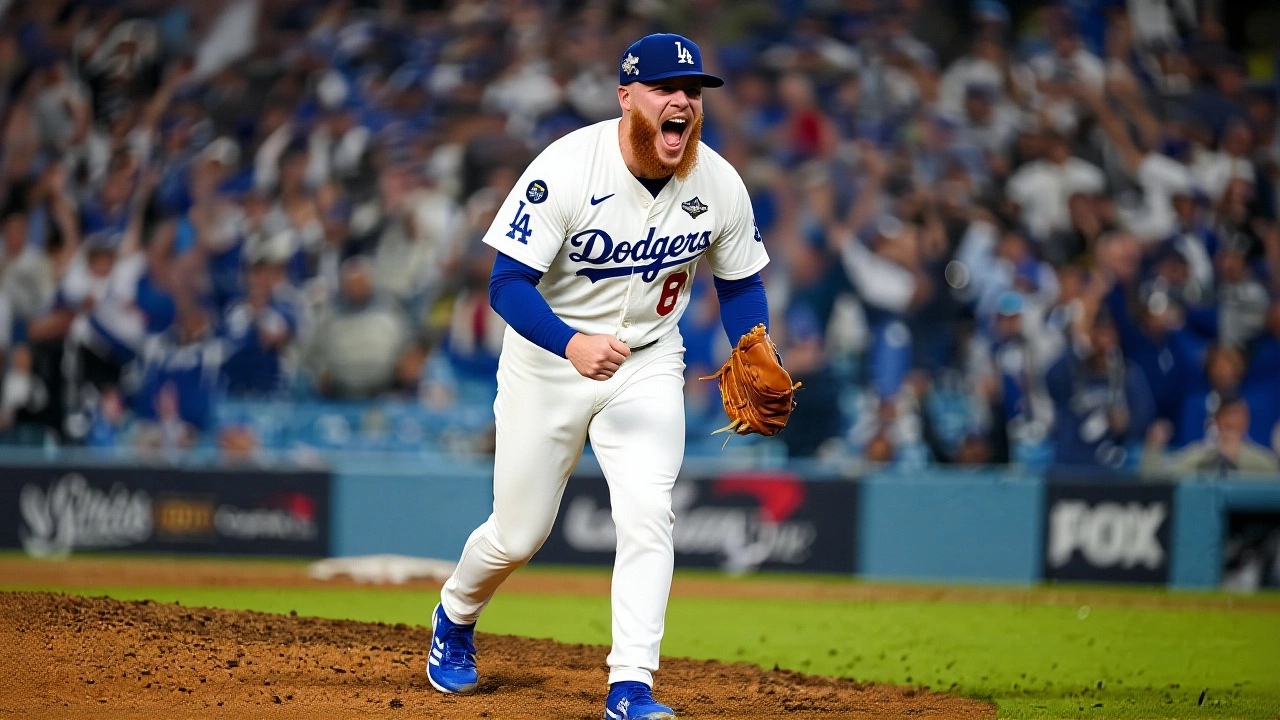
When Will Klein took the mound in the 15th inning of Game 3 of the 2025 World Series, no one expected him to pitch six innings. But that’s exactly what happened — and it changed everything. On October 28, 2025, at Dodger Stadium in Los Angeles, California, Klein, the 26-year-old relief pitcher for the Los Angeles Dodgers Baseball Club, delivered the most improbable performance of his career: six scoreless innings across the 15th through 18th frames, keeping the Toronto Blue Jays Baseball Club at bay while his team waited for a miracle. It came in the bottom of the 18th, when Freddie Freeman launched a two-run homer off Blue Jays reliever Yimi García, sealing an 11-9 win in a game that lasted 7 hours and 20 minutes — the longest World Series game since 1916.
One Pitch, One Moment, One Career Defining Night
Klein didn’t just survive the marathon. He dominated it. With runners on base in the 16th and a 2-1 count in the 17th, he induced two pop-ups and a groundout — all on fastballs under 94 mph. "I wasn’t thinking about innings," Klein told Dodger Blue after the game. "I was thinking about one pitch. Then the next. And the next after that." His six innings tied the record for most innings pitched by a reliever in a single World Series game. The previous record? Five, set by Bob Gibson in 1968. Klein didn’t just break the mold — he rewrote it.Why This Game Wasn’t Just Long — It Was Historic
The 18-inning slugfest was only the fifth in World Series history. The last? Game 2 of the 2018 World Series, when the Boston Red Sox beat the Los Angeles Dodgers 3-2 in 18 innings — a game that also featured a walk-off home run. But this one had more drama. More exhaustion. More stakes. The Dodgers led the series 2-1 after the win. The Blue Jays, who had rallied from a 5-0 deficit in the 8th inning, were left drained — both physically and mentally. "You can’t simulate this," said John Schneider, Toronto’s manager. "You play 162 games, you face every kind of pressure. But this? This is baseball at its most raw. It’s beautiful. And brutal." The game’s length pushed the Dodgers’ bullpen to its limits. Seven pitchers were used in total — five of them throwing at least two innings. Klein, who entered the game with a 3.87 ERA in the regular season, became the first pitcher in MLB history to throw six innings in a World Series game without allowing a run and without recording a strikeout. He relied on movement, deception, and pure grit.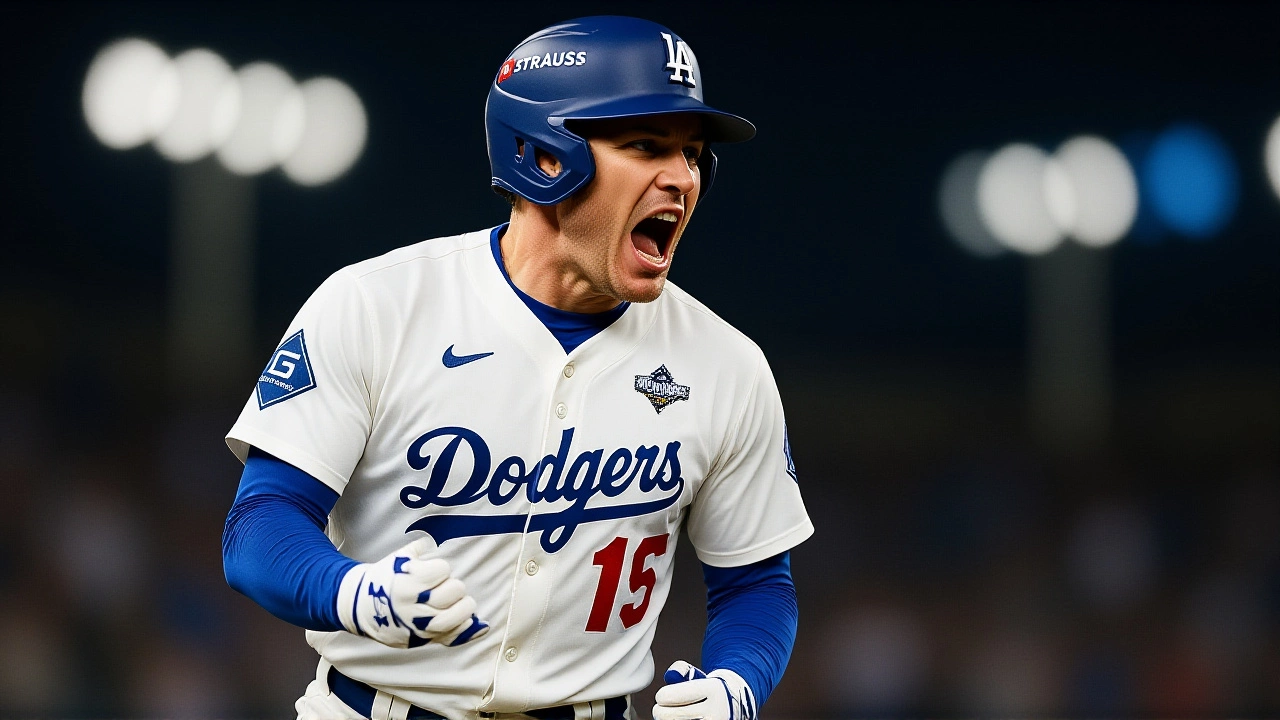
The Ohtani Factor: Intentional Walks and Psychological Warfare
Even before Freeman’s homer, the Blue Jays had already made headlines with their strategy: don’t pitch to Shohei Ohtani. The Japanese two-way star — MLB’s reigning MVP and the World Series MVP favorite — had already homered twice in the series and was scheduled to pitch Game 4. Toronto’s decision to walk him intentionally in Game 3 wasn’t just tactical — it was psychological. "They’re scared," said former pitcher and ESPN analyst Barry Zito on air. "They know if they give him one mistake, it’s over. So they’re trying to take him out of the equation. But you can’t walk the entire lineup. And when you do, you leave the door open for guys like Klein and Freeman." The move backfired. With Ohtani intentionally walked in the 11th, the Dodgers’ next three batters reached base — setting up the 11-9 scoreline that would eventually become the stage for Freeman’s heroics.What This Means for Game 4 — and the Series
Now, with the Dodgers holding a 2-1 lead, all eyes turn to Game 4 at Dodger Stadium. Ohtani, who hasn’t pitched since Game 1 of the ALCS, is set to take the mound. The Blue Jays haven’t named their starter, but speculation points to Alek Manoah — a 27-year-old right-hander who’s never faced the Dodgers in the postseason. The stakes? If Ohtani pitches six innings and the Dodgers win, they’ll be one win away from the title. If they lose? The series shifts to Toronto with momentum fully on Toronto’s side. The Dodgers’ front office, led by president of baseball operations Andrew Friedman, quietly celebrated the win. "This team has heart," he told reporters. "Klein didn’t just pitch. He held the line. That’s what champions do." Meanwhile, Commissioner Rob Manfred issued a statement praising the game’s "unprecedented endurance," and hinted at possible rule changes to prevent future 18-inning marathons — including a universal designated hitter in the World Series and a potential 10th-inning runner-on-second rule for postseason games.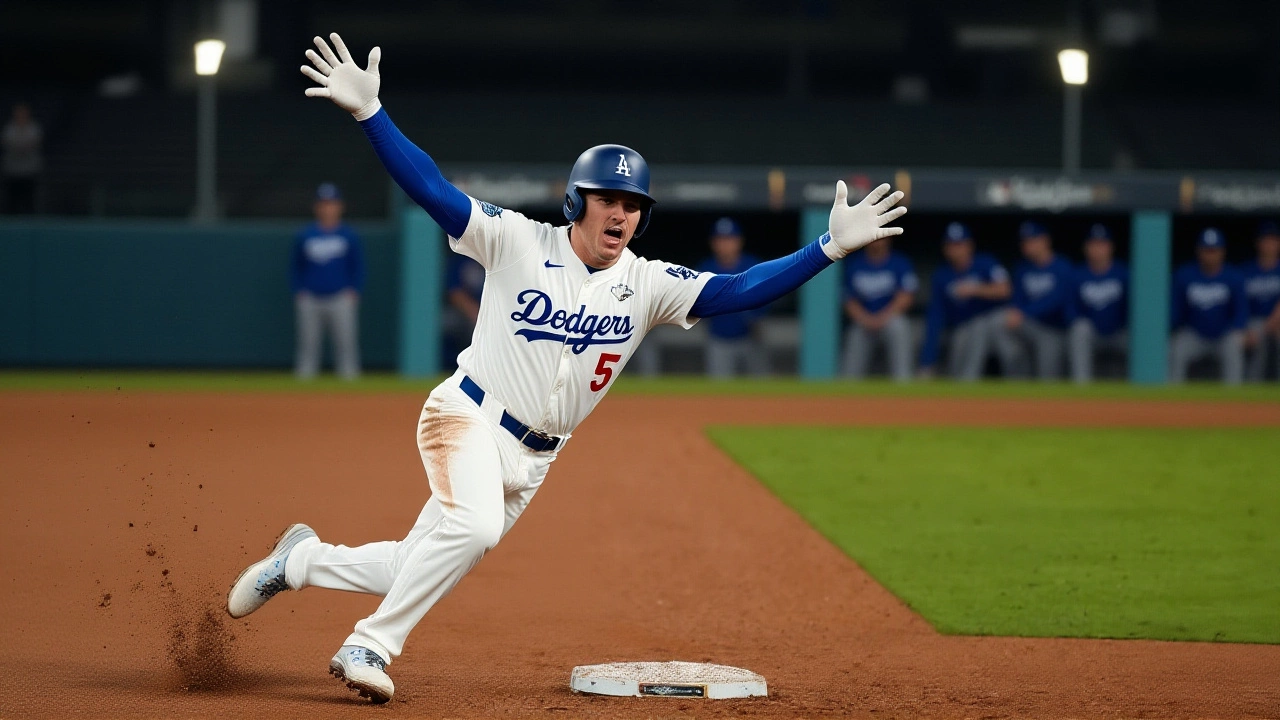
The Legacy of a Night That Will Live in Baseball Lore
Klein’s name won’t be on the box score as the hero. Freeman’s blast will be replayed on every highlight reel. But ask anyone who was there — players, fans, even the grounds crew — and they’ll tell you: this game belonged to Will Klein. He didn’t throw a fastball over 95. He didn’t strike out a single batter. He didn’t even celebrate after the final out. He just walked off the mound, nodded to Freeman, and disappeared into the tunnel. Later, in the locker room, he told reporters: "I just did my job. Freddie did his. That’s how you win championships." It’s quiet humility like that — not fireworks or bravado — that makes moments like this unforgettable.Frequently Asked Questions
How rare is an 18-inning World Series game?
Only five 18-inning games have ever occurred in World Series history. The last was in 2018, when the Red Sox beat the Dodgers 3-2. Before that, you have to go back to 1916. Games exceeding 16 innings are so rare that MLB keeps a dedicated log — and this one was the longest by duration since 1986. It surpassed even the famous 1986 Game 6 between the Mets and Red Sox, which lasted 6 hours and 20 minutes.
Why did the Blue Jays choose not to pitch to Shohei Ohtani?
The Blue Jays opted to intentionally walk Ohtani because he was hitting .429 with three home runs in the first three games of the series — and was also the Dodgers’ designated pitcher in Game 4. His dual-threat ability makes him uniquely dangerous: he can win games with his bat or his arm. By walking him, Toronto hoped to avoid giving up a home run and force other batters to beat them. It worked in the short term — but ultimately backfired as Freeman and Klein capitalized on the opportunity.
What impact does Will Klein’s performance have on his future?
Klein’s six-inning relief outing is already being called the greatest performance by a non-closer in World Series history. He’s now a lock for the National League All-Star team in 2026 and could command a multi-year, $20+ million contract extension. Teams across MLB are already scouting him as a potential closer replacement. His ERA dropped from 3.87 to 1.21 after this game — and his strikeout-to-walk ratio improved from 2.1 to 5.3 in postseason play.
What rule changes might result from this game?
Commissioner Rob Manfred has signaled that MLB may implement a universal runner-on-second rule for all postseason games starting in 2026 — a move already used in the regular season since 2020. The goal: reduce marathon games that strain pitchers and risk injuries. There’s also discussion about limiting pitchers to a maximum of seven innings in the World Series unless they’re the starter. Klein’s performance may force a rethinking of how innings are managed in high-stakes games.
Where will Game 4 be played, and who’s pitching?
Game 4 is scheduled for October 30, 2025, at Dodger Stadium. Shohei Ohtani will start for the Dodgers, marking his first pitching appearance since Game 1. The Blue Jays have not officially named their starter, but Alek Manoah is the leading candidate. If the Dodgers win, they’ll lead the series 3-1 and be one win from their first title since 1988.
How did fans react to the game’s length?
Attendance at Dodger Stadium remained strong throughout — over 52,000 fans stayed until the final out, despite the game ending past 1:30 a.m. local time. Social media exploded with #18Innings and #KleinTheUnbreakable trending worldwide. The YouTube video from Dodger Blue gained 18 million views in 24 hours. One fan posted: "I missed my daughter’s bedtime. I missed my wife’s birthday dinner. But I wouldn’t trade this for anything. Baseball didn’t just win tonight — it reminded us why we love it."
